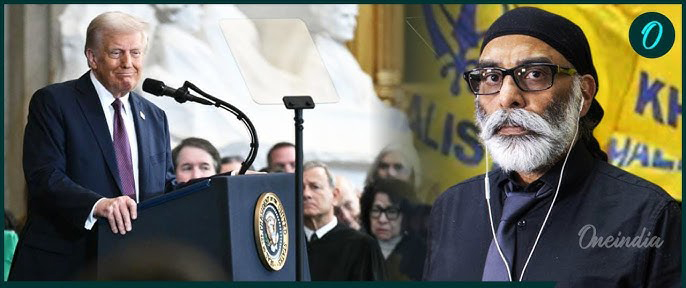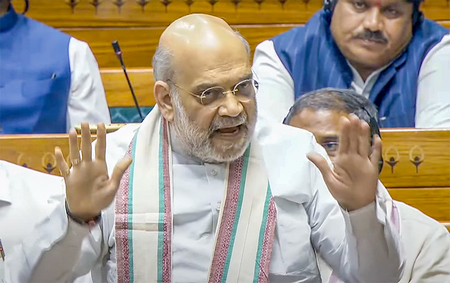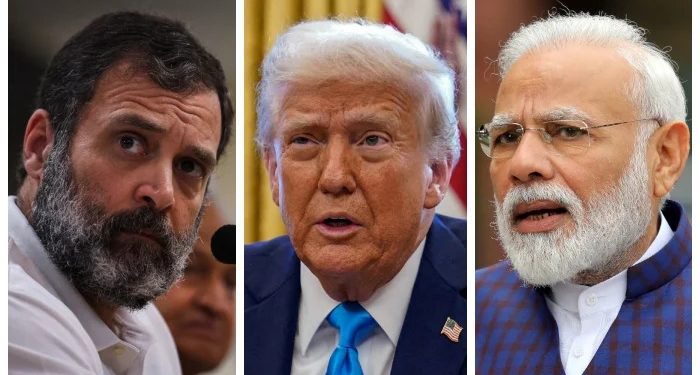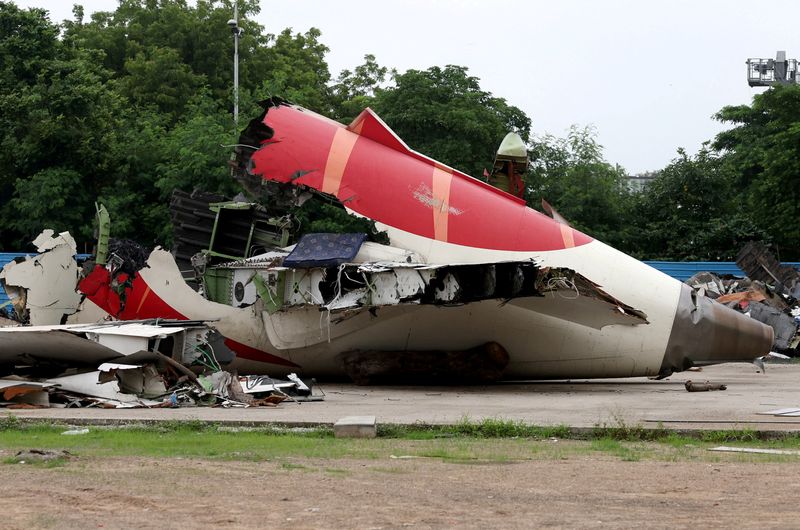WORLD NEWS

A bloody battle in the rugged hills of northern Myanmar is reverberating far beyond Southeast Asia—potentially triggering a shock to global high-tech manufacturing.
At the heart of the conflict is the town of Bhamo, a strategic outpost near the Chinese border, where the Kachin Independence Army (KIA) is engaged in a fierce offensive against the Chinese-backed military junta. But the fight is no longer just about political autonomy — it now threatens the global supply of heavy rare earths, critical minerals used in electric vehicles, smartphones, and wind turbines.
Nearly half of the world’s supply of heavy rare earths like dysprosium and terbium comes from Kachin State, most of it extracted from informal mines and smuggled to China for processing. Since the KIA took control of key mining regions in late 2024, Beijing has grown increasingly alarmed. According to sources interviewed by Reuters, Chinese foreign ministry officials delivered an ultimatum to the KIA in May: stop the push to take Bhamo or lose access to the Chinese market.
“If we didn’t accept, they would block all exports—including rare earths—from Kachin,” said a KIA official who requested anonymity.
China has not confirmed whether it has implemented this threat, but rare-earth exports from Myanmar to China have plunged by half compared to last year, despite a brief uptick in May, Chinese customs data shows.
🔸 Rare Earths as a Weapon
The standoff highlights how China is leveraging its dominance in rare-earth processing to coerce rebel forces into halting an advance that could topple its preferred partner, the Myanmar junta. It also underscores the fragile state of global supply chains, where localized conflicts in remote regions can have outsized impacts on global industries.
“This is geopolitical resource manipulation,” said David Mathieson, a regional analyst. “Beijing isn't trying to resolve Myanmar’s war—it’s trying to stabilize trade corridors that serve its own interests.”
The KIA, estimated to have over 15,000 fighters, seized Myanmar’s main rare-earth belt in October 2024, raising taxes and throttling production. That move sent global rare-earth prices surging, especially for terbium, used in clean-energy technologies.
🔸 The Battle for Bhamo
The KIA began its assault on Bhamo in December 2024. According to rebel commanders, 5,000 KIA and allied fighters are involved. Capturing the town would cut the junta’s logistical access to northern Myanmar and cripple its military presence in the region.
But the junta has responded with devastating airstrikes, reportedly flattening schools, homes, and places of worship. Aerial imagery confirms widespread destruction, according to analysts at the Australian Strategic Policy Institute.
“Airstrikes have killed children. My home was bombed,” said Khon Ja, a Kachin activist. “This is a humanitarian crisis.”
Despite mounting casualties, the KIA appears undeterred, believing that capturing Bhamo would force Beijing to abandon its support for the junta and negotiate directly with them.
🔸 China’s Gamble
Beijing’s balancing act in Myanmar is becoming increasingly difficult. While China sees the junta as the best vehicle for protecting its infrastructure and mining interests—including rare-earth transport routes—it also cannot afford prolonged disruption in supplies.
“China needs rare earths. It can only tolerate this chaos for so long,” said a KIA commander.
Last year, Beijing brokered a ceasefire in Lashio, another key town, to protect its economic corridors. Now it is reportedly offering greater trade access to KIA-controlled territories if they halt the Bhamo offensive—an offer the rebels have so far rejected.
Meanwhile, China is also suspected of supplying the junta with drones and fighter jets, according to the U.S.-based Stimson Center, further entrenching its role in the conflict.
🔸 What’s at Stake for the World
Analysts warn that a continued disruption of rare earth exports from Myanmar could create global shortages by late 2025. Supplies outside China are already limited.
“Prices outside China could spike during any prolonged disruption,” said Neha Mukherjee of Benchmark Mineral Intelligence, a U.K.-based consultancy.
In the short term, manufacturers of electric vehicles, military tech, and renewables may see price hikes or delays. In the long term, this crisis may push global powers to diversify rare-earth sourcing—or risk their industries being held hostage by geopolitics.




